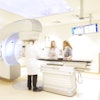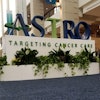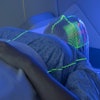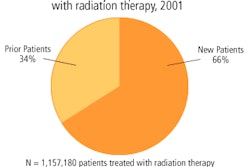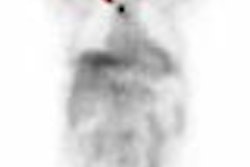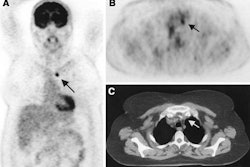An international collaboration of scientists at the European Organization for Nuclear Research in Geneva (CERN) have completed antiproton-beam experiments designed to reveal the biological effectiveness of antiproton radiation in terminating cells used for cancer research, reported PBar Labs of Newport Beach, CA.
An international collaboration of scientists at the European Organization for Nuclear Research in Geneva (CERN) have completed antiproton-beam experiments designed to reveal the biological effectiveness of antiproton radiation in terminating cells used for cancer research, reported PBar Labs of Newport Beach, CA.
The collaboration included researchers from CERN and University Hospital Geneva in Switzerland, the University of California, Los Angeles Medical Center in the U.S., University of Aarhus and Aarhus University Hospital in Denmark, British Columbia Cancer Research Center in Canada, the University of Maastricht in the Netherlands, and PBar Labs.
Research indicates that for a narrow dose peak at the end of their path the antiprotons deliver an effective dose that is about 10 times higher than at the surface where the beam entered, according to Dr. Rodney Withers, chairman of the radiation oncology department of the UCLA Medical Center and a senior member of the collaboration team.
PBar Labs is looking to antiproton radiation for developing a new, noninvasive surgical tool for the treatment of certain tumors. The firm said that the effective dose from antiprotons would be delivered mostly to the tumor and not to surrounding tissue, unlike conventional opposed-field x-rays that deliver roughly equal radiation doses to the entrance path, tumor, and exit path.
By AuntMinnie.com staff writers
November 25, 2003
Copyright © 2003 AuntMinnie.com
